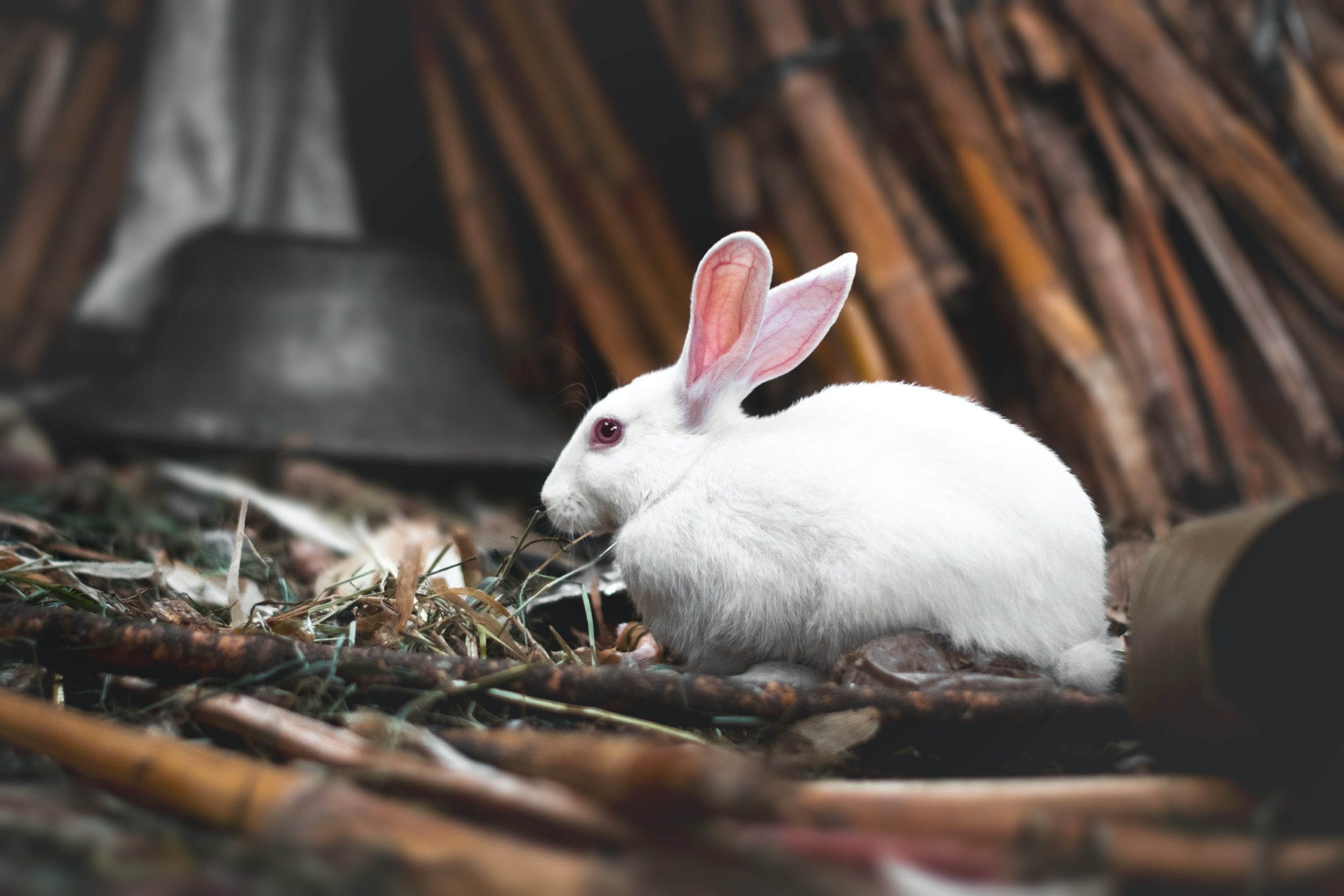What do Alice in Wonderland and Mr. Anderson/Neo from The Matrix have in common?
They follow the white rabbit.
If you don’t know how to get to Wonderland – or, how to step into reality – you’re glad to have something to whose tails you can stick. Even more so in case that something has some kind of magnetic force, drawing you along with it, if ever you let it.
For whomever wishes to step out of his egoism, there is such a thing: love.
The love I am talking about is not Agape, but something that naturally draws one towards the object of love. One might call it a sort of desire, although it must be sharply distinguished from basic desires such as hunger or thirst which instantly disappear once they’re fulfilled; love persists. Further, it must be added that ‘love’ is not a monolithic block. There are humble likings of inanimate things; then the three natural loves storge (affection), philia (friendship) and eros (romantic love); and the divine agape.[1] Here, I am concerned with the three natural kinds and likings only.
Love takes us ‘out of ourselves’.
They are natural because they are inherent, ‘simply there’, as part of our nature; they stand in no need of being set in motion by an act of will, they already are in motion.
Likings are a sort of ‘proto-love’. I mean something as humble as enjoying the scent of sweet peas, or the song of birds in a forest glade on a late summer evening, or the taste of freshly baked garlic bread. What they do is one important thing they have in common with the loves: they take us ‘out of ourselves’. The scent of the peas, or the taste of the bread, or the sound of the birds are something ‘out there’; they connect us to the objects they belong to, not to the feelings we have when being in contact with those objects. The feelings are just a welcome byproduct that inevitably accompanies the enjoyment of the objects. Indeed, talking of one’s own feelings instead of the object that gives rise to them – like the schoolbook example C.S. Lewis criticizes so harshly in The Abolition of Man[2] – is a sign of degradation, because it is a sign of self-centeredness.
Storge is ancient Greek for ‘affection’. This is what we feel towards people (and pets!) we simply like without this affection having romantic undertones, and without having the lofty mental and spiritual connectedness of friendship. The prime example for storge is certainly the love parents feel for their children. Again, affection takes us out of ourselves – the as seen in parents who deeply care about their children and not their feelings about their children.
Then, friendship (gk. Philia). As C.S. Lewis so inimitably writes, “Lovers are normally face to face, absorbed in each other; Friends, side by side, absorbed in some common interest.” (The Four Loves, 91). Being friends means having something that deeply connects one; not just a superficial, fleeting hobby, but rather an all-pervasive outlook on life. Lewis himself was part of the Inklings, a circle of writers with deep interest in Christianity, myth and meaning. Of course, friendship doesn’t mean looking through the other as if he were transparent, just because the pivotal point of the relationship is not the other pure and simple (as in Eros); the other person is essential as herself exactly in virtue of the common interest because that interest reflects the deepest aspects of her personality. Which makes friendship almost a doubly ego-centrifugal force: friends are concerned with the common interest as well as one another.
Friendship has a doubly ego-centrifugal force.
Finally, Eros. Although it figures in the word erotic, Eros is not sexual lust (for which the term Venus is reserved), while of course conducive to it. Eros is best understood as romantic love. Think of the quote above: lovers are face to face. They want the other because he or she is himself or herself. And this of course marks another sharp distinction to what people often misidentify as Eros: it is not about one’s feelings for the other; it is really about the other. Seeking a sexual adventure for its emotional ecstasy is, in a way, the exact opposite of Eros, and isn’t even Venus.[3]
We all have one or the other of those ‘white rabbits’ in our lives. However, we can choose to subtly deceive ourselves into thinking we follow them when we are really not: namely if we focus on the feelings they provide instead of their proper objects. But if we simply do the natural thing and follow their tug, we do a step away from egoism.
Image by Hossam M. Omar / unsplash.com
[1] I am using C.S. Lewis’s classification in The Four Loves here.
[2] The criticized schoolbook, picking up on Coleridge’s story about the two tourists at the waterfall, claims that one tourist’s statement that the waterfall is “sublime” is really an expression of his sublime feelings. (The Abolition of Man, 2-3)
[3] For more on Venus, read The Four Loves, p. 132ff.
